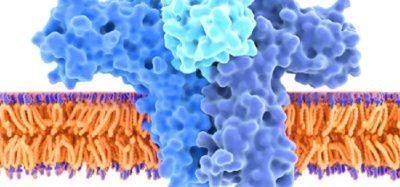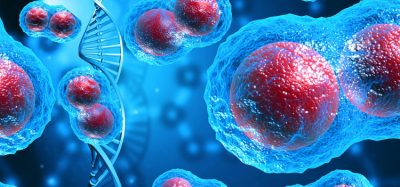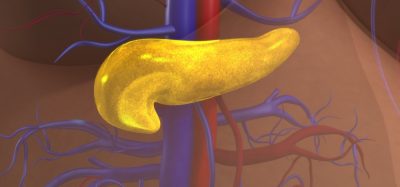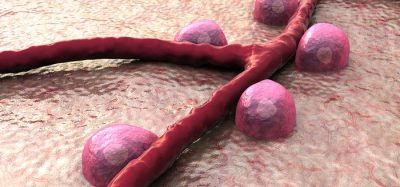New findings could improve personalised cancer immunotherapies
Posted: 22 March 2022 | Ria Kakkad (Drug Target Review) | No comments yet
A new study has highlighted that gene expression profiling could enable rapid identification of anti-tumour immune cells for personalised immunotherapy.

New research from the US National Institutes of Health and US National Cancer Institute have found unique expression profiles in 50 genes that help identify rare anti-tumour lymphocytes that can infiltrate and help defeat metastatic solid epithelial tumours.
In their study, which was recently published in Science, the researchers designed a highly sensitive assay that identified tumour-infiltrating lymphocytes (TIL) with cell surface receptors that can recognise the products of the cancer-causing mutations. The identification of these lymphocytes could help advance the development and effectiveness of personalised cancer immunotherapies for patients whose cancers do not respond to standard treatments.
This finding in TILs is important as they are agnostic to the type of tumour a patient has — it has promise in stomach, oesophageal, ovarian and breast cancers, among other types of tumours.
Until now, the researchers had to look at every potential mutation in a tumour that could be a target to maximise the potential of TIL therapy. However after years of research, the team developed this new assay that identifies the gene expression profiles of a few rare lymphocytes that recognise mutated cell surface proteins of cancerous cells, thereby negating the need for a mutation-by-mutation search.
Dr Steven Rosenberg, lead researcher, pioneered the development of cell-based immunotherapy, a highly personalised form of cancer treatment that uses a person’s own immune system to fight tumour cells. His studies of the adoptive transfer of genetically modified immune cells have resulted in tumour shrinkage in patients with metastatic cancer.
Related topics
Assays, Disease Research, Immuno-oncology, Immuno-oncology therapeutics, Immunoassays, Immunotherapy, Personalised Medicine
Related conditions
Cancer, metastatic cancer
Related organisations
US National Cancer Institute (NCI), US National Institutes of Health (NIH)
Related people
Dr Steven Rosenberg







